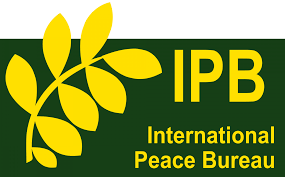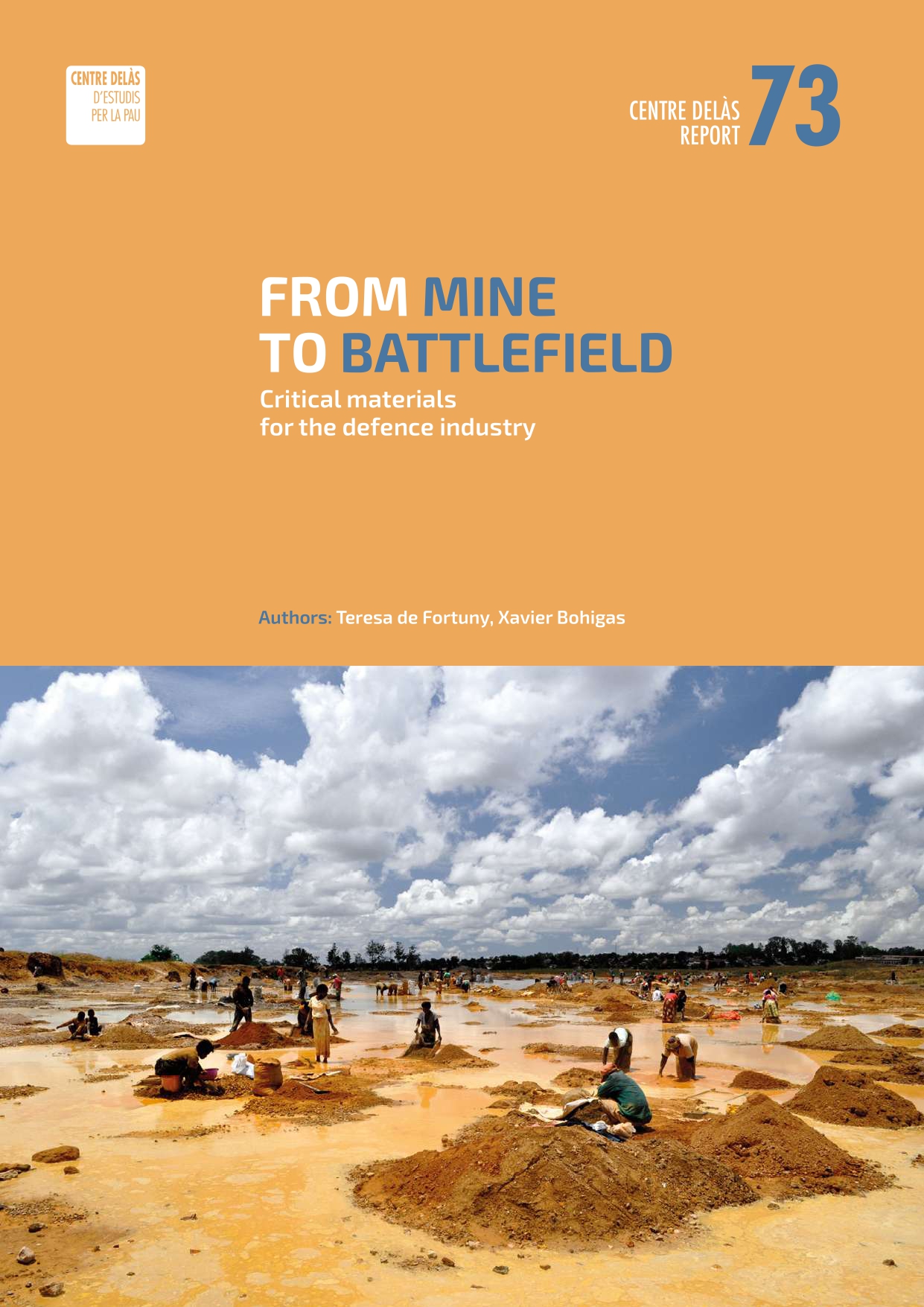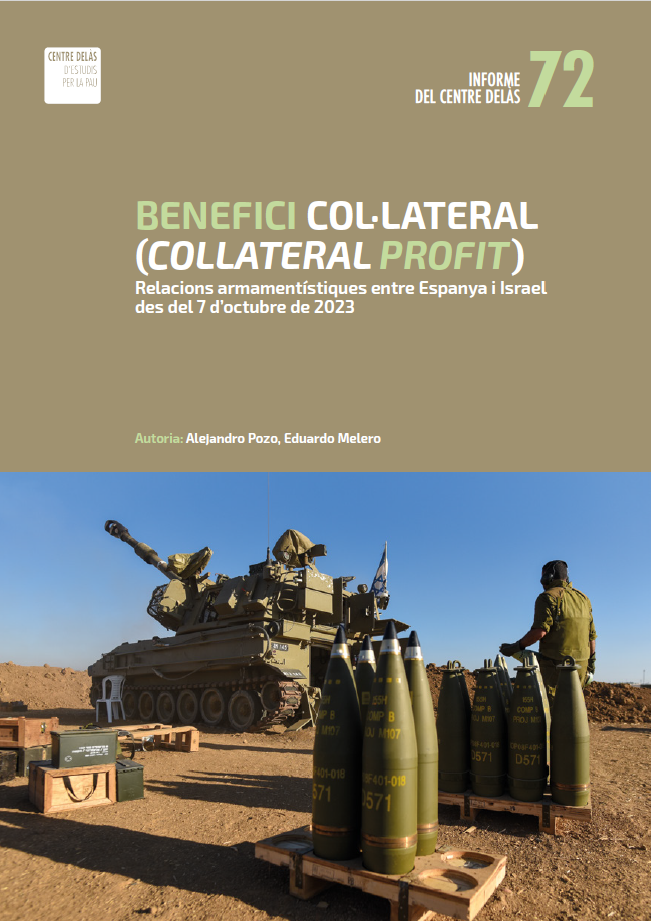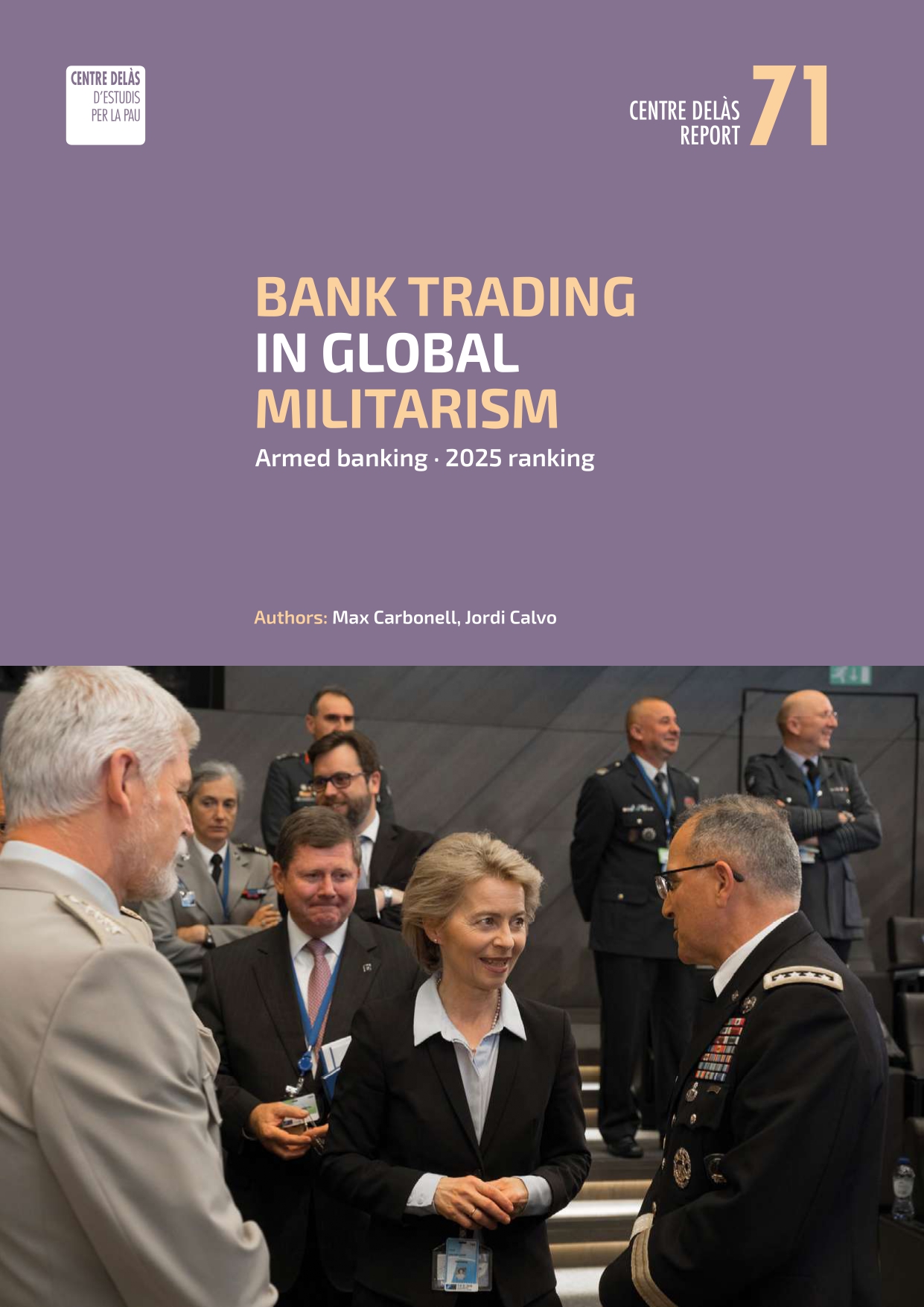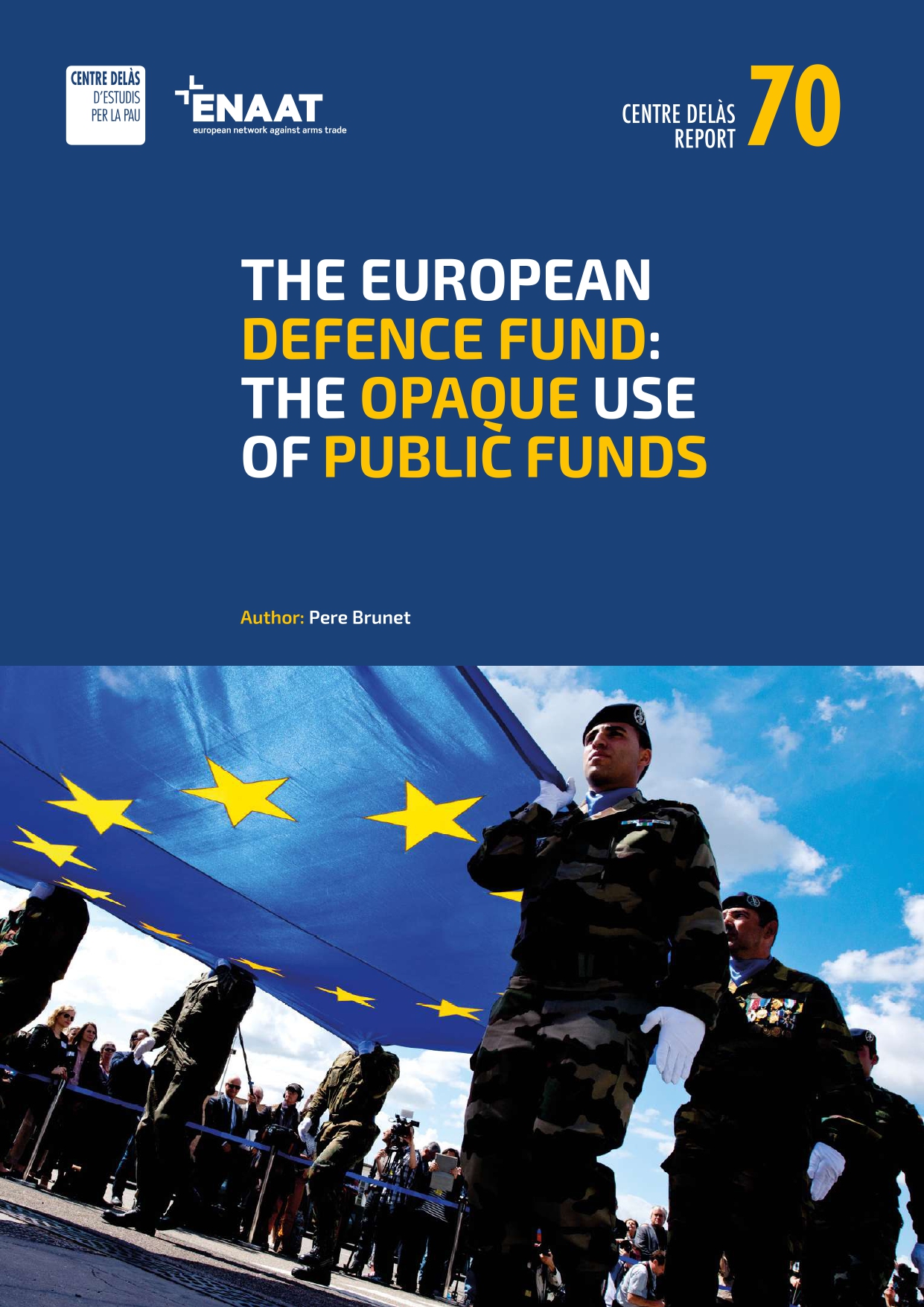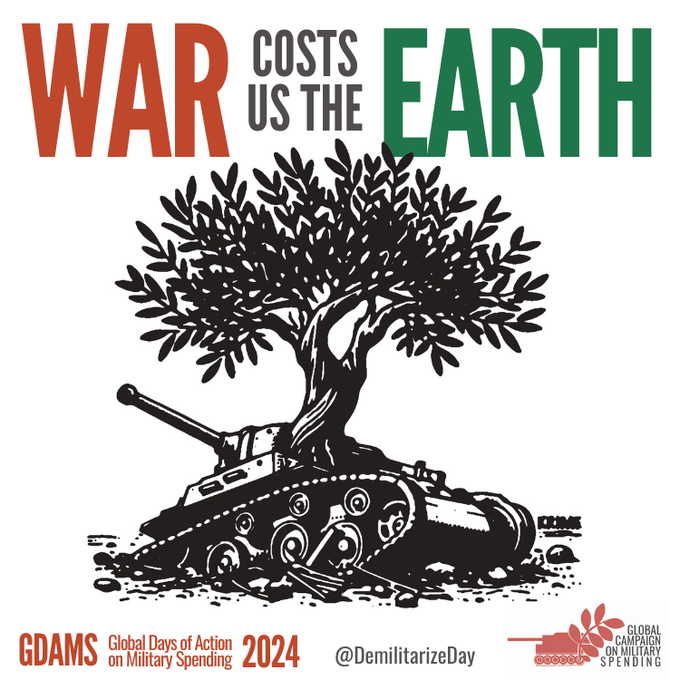Civil society movements call for inmediate action to stop the syrian war

October 19, 2016. The mass slaughter and war crimes we witness today in Syria merit the highest level of citizen engagement: they demand a worldwide commitment to achieving a ceasefire and opening a process to reach a political solution. The matter could not be more urgent. In the wake of discussions at its Berlin congress (early October), IPB proposes the following 6 elements of a peace plan. It is not an exhaustive strategy, but it does offer an orientation for international civil society action in the coming weeks and months, especially for those of us in Western countries.
1. Do no harm. There are limits to what any government – including the US, the most powerful – is actually capable of doing. But when the actions taken by them on the ground are actually worsening the situation, the response to those actions must be based on the Hippocratic Oath: first, do no harm. This means stopping airstrikes by all sides, stopping the destruction of people and cities. Attacking hospitals and schools is a war crime. Right now in Aleppo the main culprits seem to be the Assad regime and Russia. However the US and some of its allies also have a long record of aerial attacks on civilians – in their case in other parts of Syria and in countries ranging from Afghanistan to Libya to Yemen. Every bomb is one too many – especially as they in fact tend to strengthen extremist organizations. Furthermore, it is not only a question of attacks from the air. Ground fighting, training, supplies by external military forces must also cease.
2. Make “no boots on the ground” real. We call for the withdrawal of all troops including special forces, and also the removal of foreign planes and drones from Syrian airspace. However we do not support the call for a no‐fly zone, which would require air patrols by Security Council members, which means a risk of direct conflict between the US and Russia. This is especially dangerous at a time when tensions between them are increasing, and also could further intensify the fighting on the ground. The presence of US troops provides exactly what ISIS and other extremist organizations want: foreign troops on their territory, providing potential recruits with renewed evidence of Western meddling in Muslim countries, as well as providing thousands of new targets. This is identical to al‐Qaeda’s goal of 15 years ago, which was to provoke the US into sending troops to their territory in order to fight them there. Having said that, our aim is not to leave the field open to the Government forces. The intention of removing foreign forces is to de‐escalate the conflict and rapidly open up talks on a political settlement. While this of course contains some element of risk to civilians, so do the current policies which allow the mass slaughter to continue.
3. Stop sending weapons. IPB believes steps should be taken in the direction of a full arms embargo on all sides. The US‐supplied Syrian ‘moderates’ are often overrun by (or their fighters 2 defect to) ISIS, al‐Qaeda’s Syrian franchise, or other not‐so‐moderate militias. Whether these weapons are deployed by extremists or by the US‐backed supposedly ‘moderate’ governments or militias, the result is more and more violence against civilians. Western governments must end their practice of ignoring the violations of human rights and international law committed with their weapons and by their allies. Only then will they have the credibility to urge Iran and Russia to end their own arming of the Syrian regime. The US could, if it chose, bring an immediate halt to the Saudi, UAE, Qatari and other arms shipments heading to Syria by enforcing end‐user restrictions, on pain of losing all future access to US arms. While it is true that a Security Council vote to ban arms sales would almost certainly be vetoed by one side or another, an important avenue for enforcement has opened up with the entry into force of the Arms Trade Treaty. In addition, unilateral arms transfer bans could and should be put into operation immediately.
4. Build diplomatic, not military partnerships. It is time to move diplomacy to center stage, not just as a sideline to military actions. The big‐power diplomacy we see endlessly on our TV screens must be matched by Syrian diplomacy. Eventually that means everyone involved needs to be at the table: the Syrian regime; civil society inside Syria including nonviolent activists, women, young people, internally displaced, and refugees forced to flee Syria (Syrian, Iraqi, and Palestinian); the Syrian Kurds, Christians, Druze, and other minorities as well as Sunnis, Shi’a, and Alawites; the armed rebels; the external opposition and the regional and global players – the US, Russia, European Union, Iran, Saudi Arabia, the UAE, Qatar, Turkey, Jordan, Lebanon and beyond. A tall order perhaps; but in the long run inclusion will be more effective than exclusion. Meanwhile, Kerry and Lavrov would do well to put on the table immediate plans to pull out their own military forces. Tensions between the two nuclear‐armed giants are already far too high. Solving Syria might – just possibly ‐ be the project that finally teaches them a peace lesson. There is no military solution. Russia, like other players, has its definite geostrategic interests. It rightly points to the double standards of Western politicians and their media supporters which are evident when we look at their actions (direct or indirect) in fomenting hostilities right across the region. But Russia too has civilian blood on its hands and cannot be regarded as a disinterested peace promoter. This is why a wider grouping of states needs to be brought together. The search for broader diplomatic solutions in the United Nations covering both ISIS and the civil war in Syria means, in the short run, greater support for efforts to negotiate local ceasefires, to allow humanitarian aid into, and evacuation of civilians from, besieged areas. What is not needed is another Coalition of the Willing; instead we should be making an early start on a Coalition of the Rebuilding.
5. Increase economic pressure on ISIS ‐ and all other armed groups. Islamic State is a special case and represents an especially lethal threat. It must indeed be rolled back; but brutal counter‐ force, such as we now see in the assault over the border on Mosul, is unlikely to provide a satisfactory long‐term solution. It fails to get at the roots of the problem and we share the fears of UN officials that it could provoke a huge humanitarian disaster. The West must instead work harder to tighten the funding flows to ISIS, notably by preventing oil companies, and especially Turkish middlemen, from trading in ‘blood oil’. Bombing oil truck convoys has serious environmental as well as human impacts; it would be more effective to make it impossible for ISIS oil to be sold. Furthermore, Washington should crack down on its allies’ support for armed factions, including al Qaeda and ISIS. Most analysts agree that a major part of ISIS and other armed groups’ funding comes from Saudi Arabia; whether it comes from official or unofficial sources, the Kingdom certainly has enough control of its population to end the practice.
6. Increase humanitarian contributions for refugees and expand resettlement commitments. Western powers must massively increase their humanitarian contributions to United Nations agencies for the millions of refugees and internally displaced people both inside and fleeing from both Syria and Iraq. Money is desperately needed both inside Syria and in the surrounding countries. The US and EU have pledged significant funds, but much of it has not actually been made available to the agencies, and more must be pledged and delivered. But the crisis is not only financial. IPB argues that we should open much wider the doors of western countries to refugees. It is unacceptable that Germany takes 800,000 while other countries – including those who promoted the Iraq War in the first place – accept only a few thousand, and some, like Hungary, flatly refuse the concept of inter‐European solidarity and sharing. The action we propose is not simply that required by normal human solidarity. It is our legal obligation as signatories to the Refugee Convention. While we recognize the political difficulty of such a position given the current public mood, the responses of rich Western countries are simply inadequate. Specific measures can be taken: for example, humanitarian corridors should be established (with organized transport), so that people fleeing war don’t have to risk their lives all over again on the Mediterranean. Winter is coming fast and we shall see many more tragic deaths unless a new policy is adopted rapidly.
CONCLUSION: Syria is tough. Everyone knows the political solution is extremely challenging and will take a long time to resolve. Yet it is precisely when the situation is most serious that negotiations need to be pursued. The fact that some of the interlocutors have committed unacceptable acts is not a reason to abandon talks. We call for local and regional ceasefires, humanitarian pauses and any other means that allow the rescue services to reach the civilian population. Meanwhile we urge an immediate shift in key policies, such as putting in place an arms embargo on all sides, and removing foreign forces from the battle zone. We also call for a review of all sanctions against Syria, some of which tend to penalize the civilian population.
Finally, we urge our colleagues in the civil society movements in all continents to maintain and build up their mobilizations. The politicians and diplomats need to know that world opinion wants action and will not tolerate any further prolongation of this appalling carnage. Winning the war (by any side) is not an option now. What matters is ending it.

